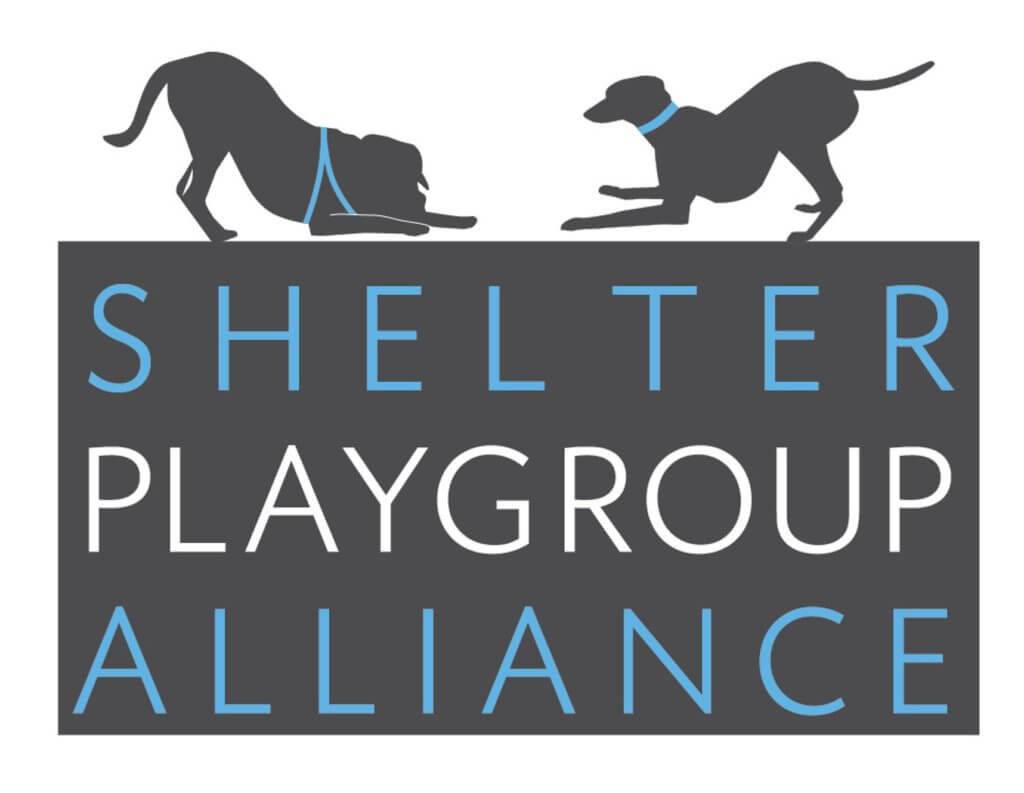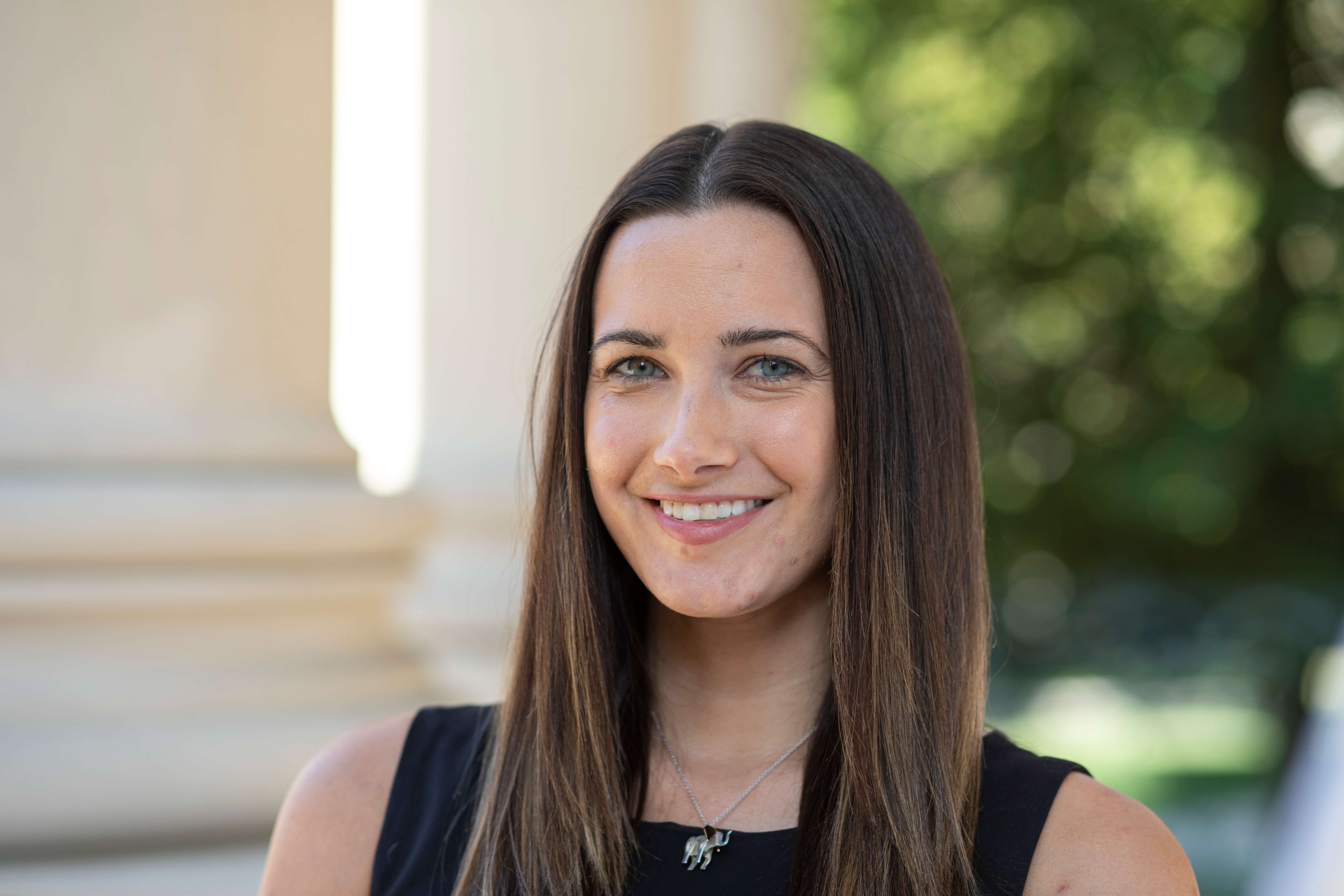Lindsay Mehrkam, Ph.D., BCBA-D, recently presented an invited keynote titled, “To Play or Not to Play: Toward an Evidence-Based Analysis of Dog-Dog Play in Shelters” for the Shelter Playgroup Alliance’s Shelter Behavior and Enrichment Conference, held virtually from July 23-26.
Mehrkam is an assistant professor of psychology, a board-certified behavior analyst, and principal investigator of the Human-Animal Wellness Collaboratory (HAWC) at Monmouth University. Her lab conducts scientific research, education, and community outreach services that are aimed at benefiting both people and animals in society.
The four-day virtual conference focused on disseminating science and best-practice strategies for enhancing animal welfare and dog-dog interactions. Among those in attendance were animal sheltering staff and volunteers, and well as staff working in dog daycares, boarding facilities, and dog trainers. The conference hosted presenters from academia, shelters, and in other professional animal care industries who are regarded as leaders in behavioral science, animal welfare, enrichment, and inter-dog interactions.
Among the key findings of Mehrkam’s study were that shelter dogs who participated in positive reinforcement-based playgroups had lower signs of physiological stress and generally higher behavioral welfare and adoptability behaviors than dogs that participated in traditional forms of playgroups that used mild aversives and corrections. The study is the first to evaluate how different styles of playgroups that shelters implement affect dog welfare outcomes, but follows a long line of research coming out in animal welfare that dogs trained with positive reinforcement techniques have better welfare and physical health than dogs who are trained with traditional methods (such as shock collars, electric fences, and corrections).
The research was a year-long study conducted in collaboration with Penn State University’s Animal Science Department (Dr. Nancy Dreschel) and four animal shelters: the Animal Care Centers of New York City (Manhattan and Brooklyn shelter locations), the Animal Care and Control Teams of Philadelphia, and the Humane Society of Pinellas (located in Clearwater, Florida). For nine months, a dedicated team of Monmouth University students and recent alumni would travel to the shelters multiple times per week to collect salivary cortisol samples from hundreds of shelter dogs enrolled in the study, collect video of dog behavior, and assist with walking and providing enrichment to dogs, as well as conduct behavioral coding of shelter dog behavior from video to assess adoptability and welfare indicators. A series of papers stemming from this line of research are currently being prepared for publication with a number of Monmouth University student and alumni co-authors. The research study was generously supported by a $130,000 grant from Maddie’s Fund.
The Shelter Playgroup Alliance is a non-profit organization that promotes science-based enrichment and playgroup practices for shelter dogs as well as socially conscious sheltering policies. Their shelter playgroup guidelines are driven by the concepts of choice and empowerment, and adherence to the ethical guidelines adopted by certifying bodies, like the IAABC and CCPDT, including “Least Intrusive, Minimally Aversive” (LIMA) principles to promote healthy dog-dog interactions. You can learn more information about the conference and their educational workshops at shelterdogplay.org.
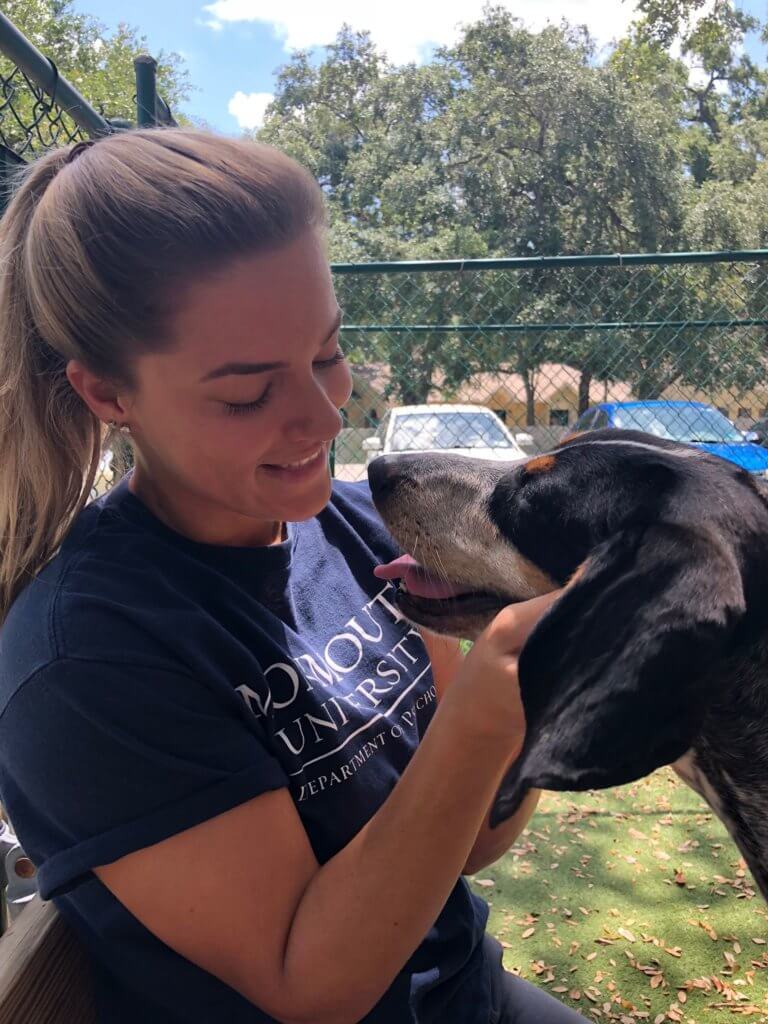
Megan Conchar ’19 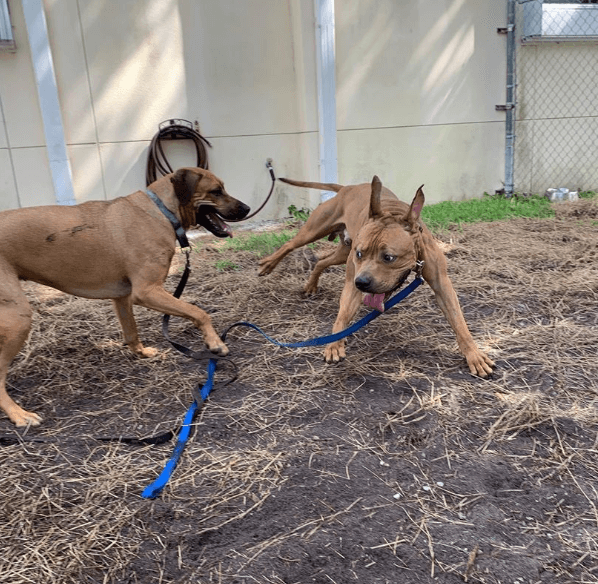
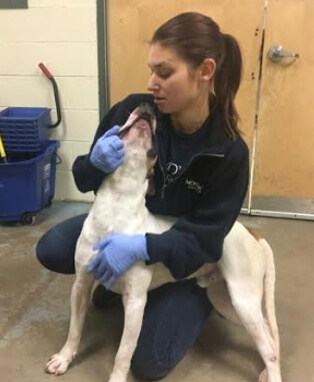
Alexandra Heaney ’16 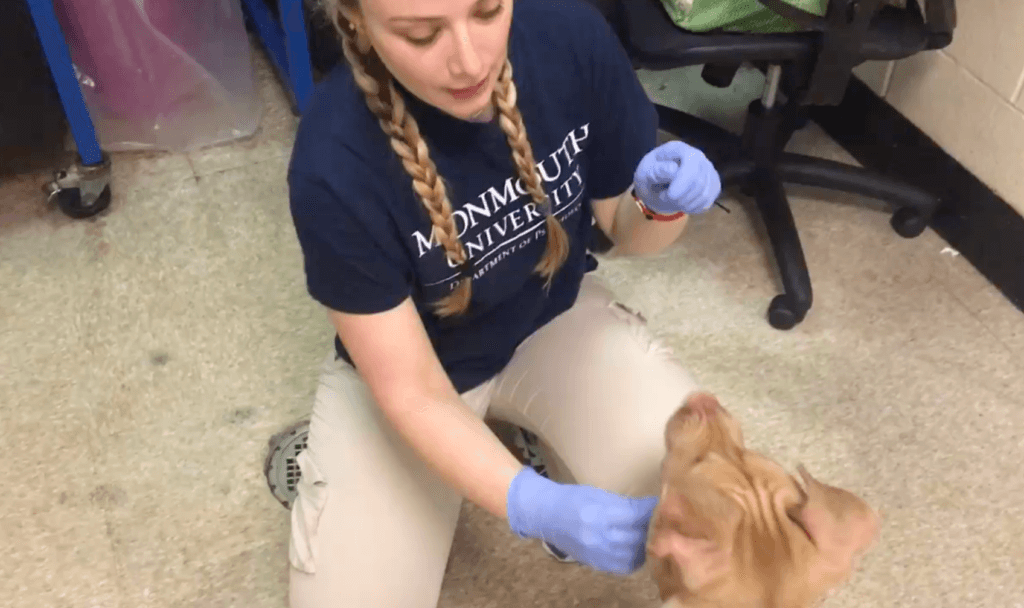
MaryKate O’Rourke ’19 